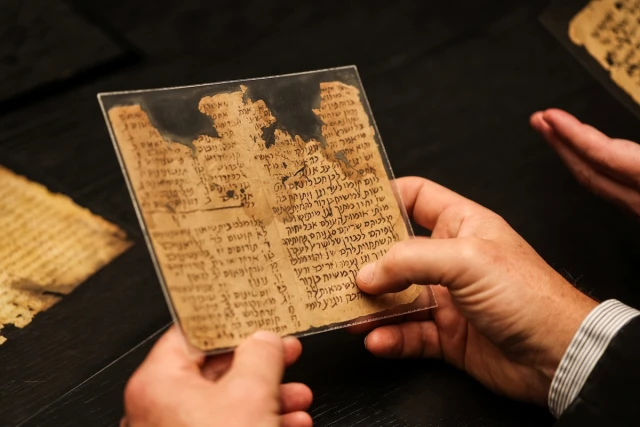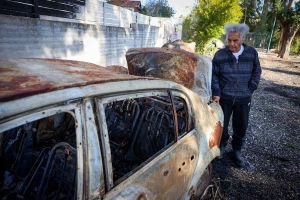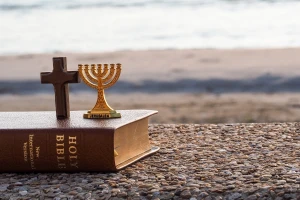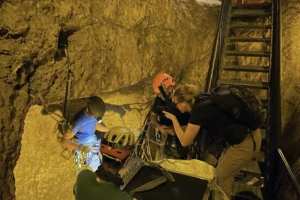New AI project assists researchers in exploring Jewish treasures of Cairo Geniza

The Cairo Geniza is like Aladdin’s cave for historians, full of treasures that have been sitting there for centuries, waiting to be discovered. Now with the benefit of AI, the time it will take to mine the depths of the Geniza’s secrets is being significantly reduced. (A Geniza is a storage area for worn-out Jewish texts and is usually found in a synagogue or a cemetary)
With Hebrew considered a holy language, tossing out any texts written in the ancient script used to write the Bible has historically made many squeamish. The name of God should never be destroyed in Jewish thinking, and the four Hebrew letters that make up His name are found all over the place. Instead of being thrown into the trash or shredder, all manner of documents had to be ritually buried. However, not all documents made it to the burial stage.
A huge number were found stored in the attic of an old Egyptian synagogue for hundreds of years. Shopping lists, prescriptions, court records, contracts, holy scrolls, personal letters – you name it. The documents survived thanks to the perfectly dry conditions, and remained untouched until their discovery in the late 19th century.
Between the 9th and the 19th centuries, more than 400,000 such fragments of Jewish manuscripts were stashed in no particular order in the Ben Ezra Synagogue of Fustat, Old Cairo. The treasure trove of documents gives a fascinating glimpse into life and interfaith relations during those times, but sorting through them and deciphering it all has been a mammoth task.
Now AI can significantly lighten the load of historians and scholars, sifting through and transcribing hard-to-read texts in no time. Researchers can train AI to analyze the entire collection, cross-referencing and matching fragments that belong together with ease.
"We are constantly trying to improve the abilities of the machine to decipher ancient scripts," explained Daniel Stokl Ben Ezra of the Ecole Pratique des Hautes Etudes in Paris, one of the principal researchers in the MiDRASH transcription project. He relayed how the project was making documents in Hebrew, Arabic, Aramaic, and Yiddish written in a wide array of scripts newly accessible to researchers, but clarified that they still needed checking for accuracy.
"The modern translation possibilities are incredibly advanced now, and interlacing all this becomes much more feasible, much more accessible to the normal and not scientific reader," Stokl Ben Ezra said.
The transcription project, which is a collaboration between researchers from several universities and institutes, is funded by the European Research Council and based on the National Library of Israel's digital database.
One of the reasons that so much Jewish life was centered in Cairo was due to the regional prominence of the city during the Middle Ages, and also the expulsion of Jews from Spain that took place in the fifteenth century.
As a result, the Geniza is full of tidbits of important historical information about religious and social developments, and even contains documents written by the well known Jewish Sage, Maimonides, who lived in Cairo for a time and worshiped at the Ben Ezra synagogue.
The Jerusalem Post highlighted a 16th century document written in Yiddish which has been transcribed by the AI project. The letter was sent from a widow named Rachel based in Jerusalem to her son in Egypt, with his reply conveying his attempts to avoid a plague that was sweeping through Cairo.
The documents can shed light on all sorts of economic, cultural, and linguistic developments in Jewish history, and give a window into a world that has long since passed.
"The possibility to reconstruct, to make a kind of Facebook of the Middle Ages, is just before our eyes," Stokl Ben Ezra enthused.

Jo Elizabeth has a great interest in politics and cultural developments, studying Social Policy for her first degree and gaining a Masters in Jewish Philosophy from Haifa University, but she loves to write about the Bible and its primary subject, the God of Israel. As a writer, Jo spends her time between the UK and Jerusalem, Israel.
You might also like to read this:











